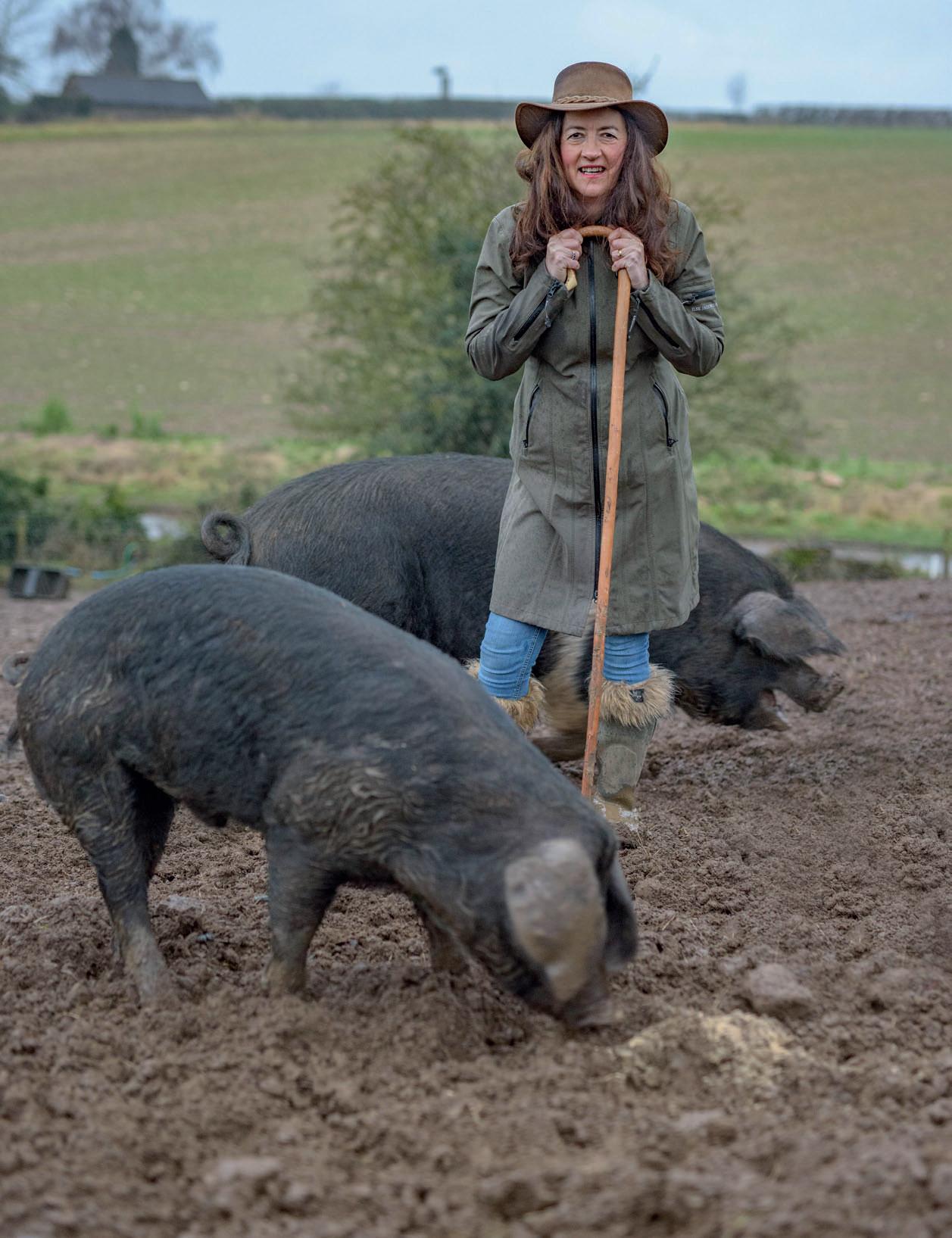
9 minute read
ALL CREATURES GREAT Smallholder
The Good Life

Advertisement
For June Fox, The Good Life is the only life. From watching the eponymous self-sufficiency sitcom, June decided that raising her own livestock and growing her own food was the only way to go... Words: Laurin Dempsey. Images: Dean Fisher.

Above: June’s saddleback cross sow with her piglets.
T HE GOOD LIFE is the only life for June Fox of Whitwell, and for the Rutland smallholder, the best time of day is bright and early in the morning. Not that the particular morning we met June was bright. In fact, it was baltic. Doesn’t she feel in the least bit like pulling the duvet over her and going back to sleep?
“Not in the least. I love it,” she says as we walk down to the five acre farm that has become the culmination of a dream to live sufficiently ever since watching Felicity Kendal and Richard Briars getting tipsy on pea vine wine in 1975.
“I’m usually out and about by six o’clock but it does vary a bit according to daylight hours. Rain or shine it doesn’t bother me.”
June describes herself as a tofter, which was a new one on us. Apparently it’s the English version of a crofter which is Scottish in origin, unless a reader can correct me? Having moved to Stamford in her thirties, June lived in a town house near The George where she quite literally outgrew her north facing

garden and then her allotment too. Five years later she moved to Wothorpe and then to Whitwell, where she lives today, renting five and a half acres.
“I soon began to aspire to larger livestock and rented an acre field in Wothorpe. I quickly learned to keep my affection in check, avoiding naming my animals for fear that instead of livestock they’d become expensive pets!” “I managed to take on four abandoned lambs and three Shetland ewes with lambs at foot, plus a ram. I was pretty clueless but thankfully Shetland sheep are pretty hardy.”
In 2000 we moved to Whitwell, where we live today, initially renting five and a half acres. “The local sheep farmer really took me under his wing and taught me how to
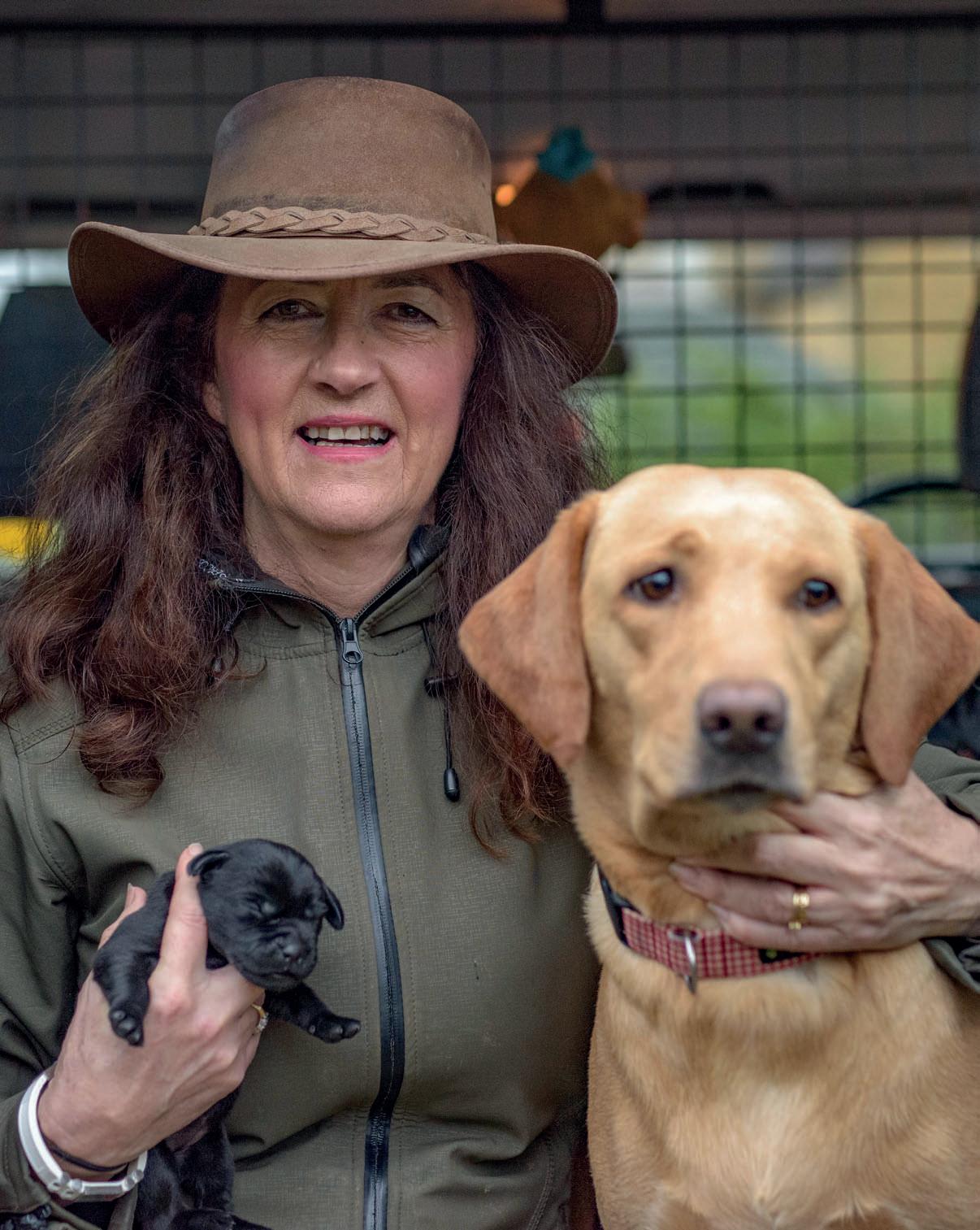
Main Image: Whitwell’s June Fox has a full house looking after her 18 piglets and a new litter of Labrador puppies!
Above: June also has two Belted Galloway steers and three cows.
care properly for my sheep. I was soon living the dream and in 2004 we became the proud owners of our own fields.”
“We expanded our smallholding with a herd of Dexter cattle and then moved on to Belted Galloways. At about the same time we began to sell to the public and today we have a good reputation for selling meat boxes from £20-£40 comprising our own lamb, beef and pork.”
Today, June has a large black boar named Diesel, plus three saddle back cross sows and 18 piglets of varying ages. She also has two Belted Galloway steers and three cows, and as if life wasn’t chaotic enough, at the time of writing she’s the surrogate mummy to no fewer than nine Labrador puppies!
34 “Life with the animals is wonderful, and it has given me a real appreciation for good food,” says June. “We’re more or less selfsufficient and though I’m biased, I think what I grow tastes much better than food produced on an industrial scale.”

in healthcare, manufacturing and services in between lambing and tending to the animals. June is also a county councillor representing the Exton Ward, and so she’s especially keen to ensure she practices responsible farming and looks after the countryside as much as her animals.
“I can account for the ethics of the operation and be sure of my animals’ welfare, and I think there’s something reassuring that comes from knowing that as a smallholder I’ll retain the skills that are quickly being forgotten.” “We need to retain our farming skills and it can sometimes feel like food is too available; there’s no seasonality. What I can’t grow I’m happy to go without, and that brings back a really wonderful element of seasonality to my diet.” With more land came a bit of mechanisation, but despite the early start, June is still able to hold down her day job as the owner of an IT company, wrangling with hardware and software sales for companies as diverse those It’s not an easy life, being a smallholder, but it’s certainly a rewarding one. With each accomplishment - the first piglets, the first time you notice the lovely sunrise over the field - there are rewards upon rewards that makes it all worthwhile. The latest is a queue of happy customers at the farm gate keen to enjoy June’s high-welfare, zero-food mile meat, and they’re returning again and again. “At the time of my first steps into selfsufficiency, it might have been reasonable to describe me as Margo of The Good Life. After a decade toiling, lambing and several herds later, I’m more like Barbara Good now!”
What makes us different? Experienced team of vets and nurses providing quality healthcare at a sensible price. The practice is fully equipped with excellent facilities enabling us to offer in house blood results, microscopy, digital X-ray and ultrasound. We have a large modern operating theatre. Our spacious separate dog and cat waiting areas and kennels also ensure your pets feel more relaxed whilst visiting us. A team of animal lovers, we treat and care for your pets as though they were our own and make the time to get to know you too. Guaranteed same day appointment for any pet if the owner thinks it is needed. Owners can stay with their pets while sedated before routine operations. We offer and encourage open visiting for hospitalised patients during opening hours.

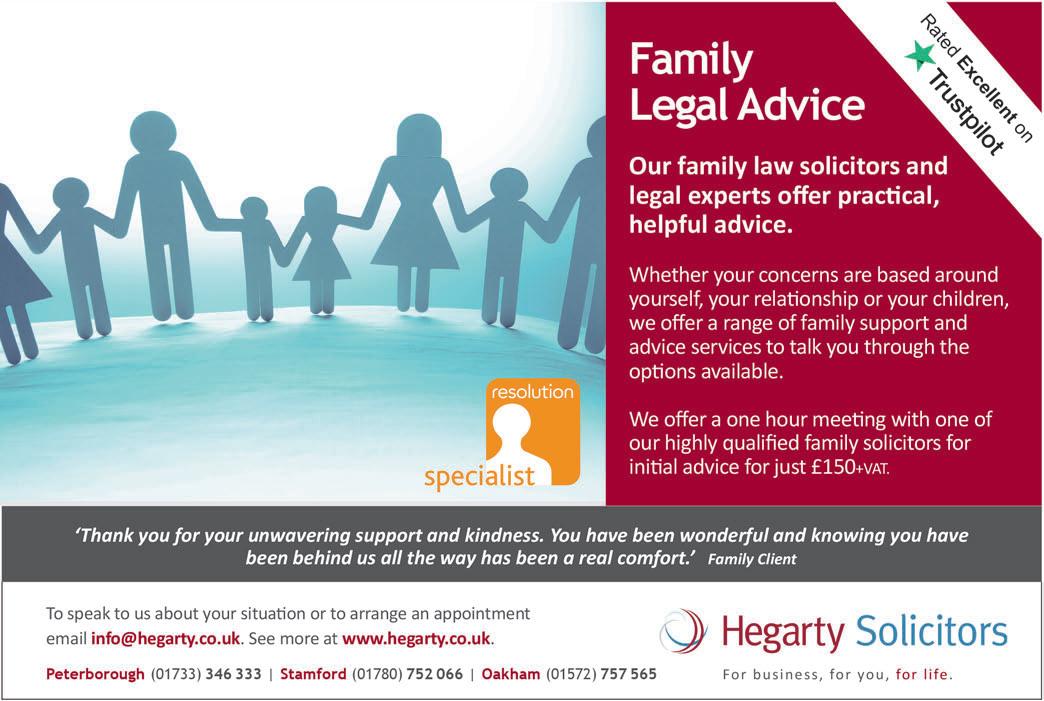
Financial Planning for Business Owners
Did you know that 80% of businesses fail in their first 5 years? Can recession, political turbulence, or even overseas influences be solely blamed? The answer is no, they cannot. Instead, this demise can be attributed to 7 financial risks that business owners neglect to address.

IWOULD WAGER that the majority of people establish their own businesses to achieve freedom, pursue a passion or to receive the income they feel they deserve. When you consider these factors, it stands to reason that business owners desperately want, and in many cases need, their ventures to prevail, as their security and happiness depends upon their success. So, why do such a large percentage of business owners shirk away from their finances, when understanding and conquering these risks is fundamental to their future? If this sounds like you, there is plenty that you can do. 1. Start with the End in Mind You need to understand when your business is at its most profitable and when you should walk away from it. Knowing what your financial future looks like, by using Lifetime CashFlow Forecasting, can help you to make better decisions today. 2. Get Your Money Working It’s makes good business sense to keep money in the business, but the interest rates the bank are paying mean that that money is falling in real terms, because inflation is eroding it. Whilst it is sat in the business it can still be invested, so that it is working harder for the future. 3. If plan A fails, remember that you still have 25 letters left Make sure that you have a back-up plan. Business owners who fail to have this safety net usually fail. Sound Financial Planning can help you devise a solution, for example making sure you have a diversified spread of wealth that could decrease your risk of financial failure. 4. Maximising your assets Pensions are a very tax efficient way of extracting profits, but there is that constant battle between funding them, and leaving enough money in the business. Why not consider death. Unfortunately, you must think about it and make provision for your company and your family. If you do not, your business and loved ones could be left in the lurch.
purchasing commercial property for your business to rent with your pension to maximise your assets and minimise tax? 5. Protect Who Is Important Your business would not be successful if it was not for the people who make it what it is. Looking after your key team members is one thing, but what if something happens to them like long-term sickness of even death? Protection strategies could ensure that if you lost a key person, you can still successfully operate as a business. 6. You Are Not Immortal Planning for the future is a must to business owners, even when it is thinking forward towards unsavoury subjects like your own “
”Sound estate planning can also mean that you are able to provide your loved ones with a legacy...
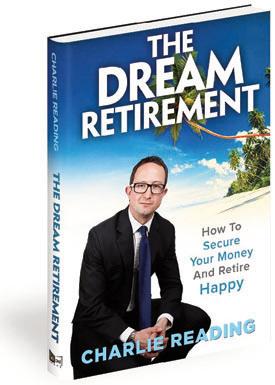
7. Don’t Over Pay Tax You must pay some tax as a business owner, but make sure that you and your business are running tax efficiently. Look at ways to extract profits tax efficiently to maximise your hard efforts, and ring- fence your money should the business ever fail.
As a business owner myself, I understand the fears about our future security and longevity of our businesses. To help overcome these feelings, I am running a free event designed specially for business owners at 0800 on Thursday 27th February 2020 and on Wednesday 16th September 2020. In this breakfast workshop, I’ll share my knowledge of financial planning, and help you to start devising a secure strategy for your future.
n To book your complimentary place, please visit www .efficientportfolio.co.uk/events , call 01572 898060 or email charlotte@ efficientportfolio.co.uk

I look forward to seeing you there
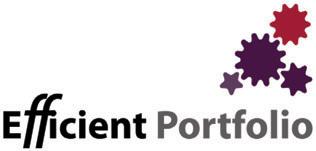
Charlie Reading created Efficient Portfolio to offer entirely independent financial advice and helping people clarify and realise their dreams and goals through financial planning. Call 01572 898060, see www.efficientportfolio.co.uk or visit Portfolian House, 30 Melton Road, Oakham, Rutland, LE15 6AY












